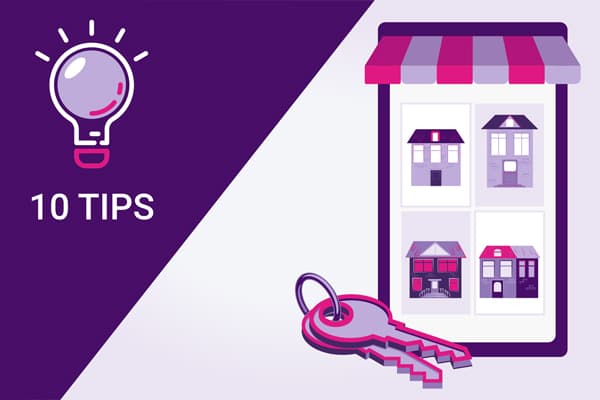How to Buy a House: 10 Important Tips
Buying a house can be a huge task, and the process can sometimes feel never ending. To help, we've put assembled our top ten house buying tips to simplify your next move.

Buying a house can be a huge task, and the process can sometimes feel never ending. To help, we've put assembled our top ten house buying tips to simplify your next move.

Compare moving quotes in 4 simple steps